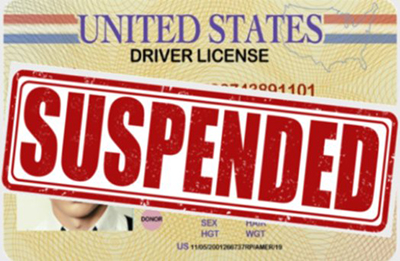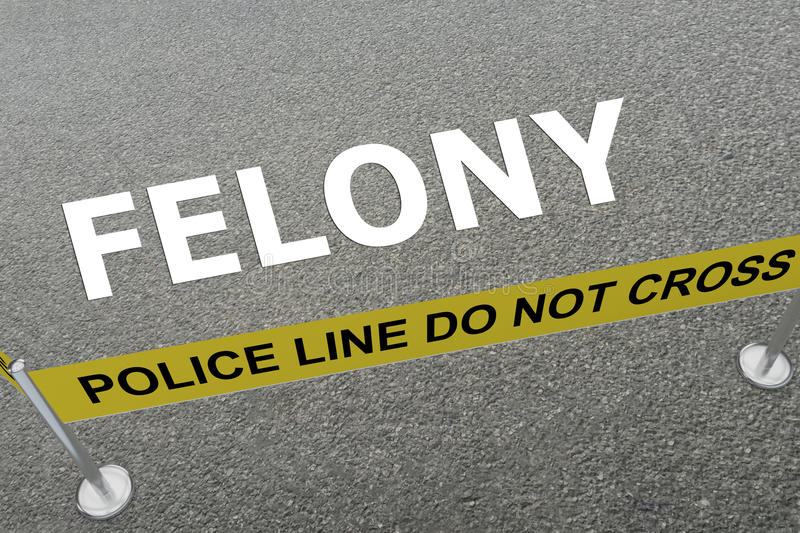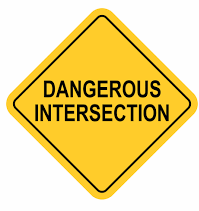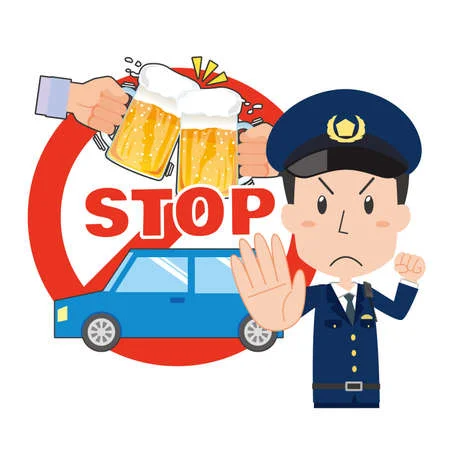Memorial Day “Click It or Ticket” Campaign: Promoting Road Safety and Saving Lives
Wednesday, May 24th, 2023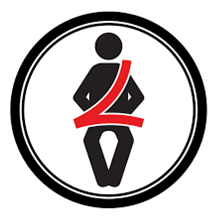
Memorial Day is a significant occasion in North Carolina, as it not only serves as a time to honor and remember the sacrifices of our military heroes but also marks the beginning of the “Click It or Ticket” campaign. This statewide initiative aims to raise awareness about the importance of seat belt usage and enforce strict seat belt laws. The “Click It or Ticket” campaign plays a crucial role in promoting road safety, reducing fatalities and injuries, and creating a culture of responsible driving in North Carolina.
The Importance of Seat Belt Usage:
Seat belts are one of the most effective safety devices in vehicles, proven to save lives and prevent severe injuries in the event of a crash. Studies have consistently shown that wearing seat belts significantly reduces the risk of fatalities and serious injuries. The “Click It or Ticket” campaign emphasizes the importance of using seat belts for all occupants, regardless of their seating position.
Raising Awareness:
The “Click It or Ticket” campaign utilizes various strategies to raise awareness about seat belt usage. Public service announcements, educational programs in schools, and media campaigns play a vital role in disseminating information and encouraging individuals to buckle up. By highlighting the consequences of not wearing seat belts, the campaign underscores the need for responsible behavior on the road.
Strict Enforcement and Penalties:
The campaign combines education with enforcement by employing law enforcement agencies to conduct targeted seat belt checks and patrols. Officers actively enforce seat belt laws and issue citations to drivers and passengers who fail to comply. The imposition of fines and penalties acts as a deterrent and encourages individuals to adopt safe habits. By strictly enforcing seat belt laws, the campaign aims to create a culture of compliance and responsibility.
Collaborative Efforts:
The success of the “Click It or Ticket” campaign relies on collaboration among various stakeholders. State and local government agencies, law enforcement, community organizations, and media outlets join forces to promote the campaign’s objectives. Partnerships are forged to maximize outreach, allocate resources effectively, and engage the public in road safety initiatives. By working together, these entities create a unified front to address the issue of seat belt non-compliance.
Positive Impact on Road Safety:
The “Click It or Ticket” campaign has demonstrated significant positive impacts on road safety in North Carolina. By consistently reinforcing seat belt usage and enforcing compliance, the initiative has contributed to a reduction in traffic fatalities and injuries. According to statistics, states with primary seat belt laws, such as North Carolina, have higher seat belt usage rates and lower fatality rates compared to states without such laws. This highlights the effectiveness of the campaign in promoting safer driving practices.
The North Carolina Memorial Day “Click It or Ticket” campaign serves as a powerful reminder of the importance of seat belt usage and responsible driving. Through comprehensive awareness programs, strict enforcement, and collaborative efforts, the campaign aims to instill a culture of seat belt compliance, ultimately saving lives and reducing injuries on the road. As we honor our fallen heroes during Memorial Day, let us also honor their memory by prioritizing safety and protecting one another through the simple act of buckling up.
Increased law enforcement efforts will also be focused on all types of traffic violations including speeding, DWI, driving while license revoked, and other infractions such as running red lights or stop signs.
Should you or someone you know receive a traffic ticket or any other criminal charge in New Hanover (Wilmington), Pender (Burgaw), or Brunswick (Bolivia) Counties, call Collins Law Firm at 910-793-9000 for a confidential consultation about what we can do to help you.
By Bryanna Gordon, Legal Assistant




